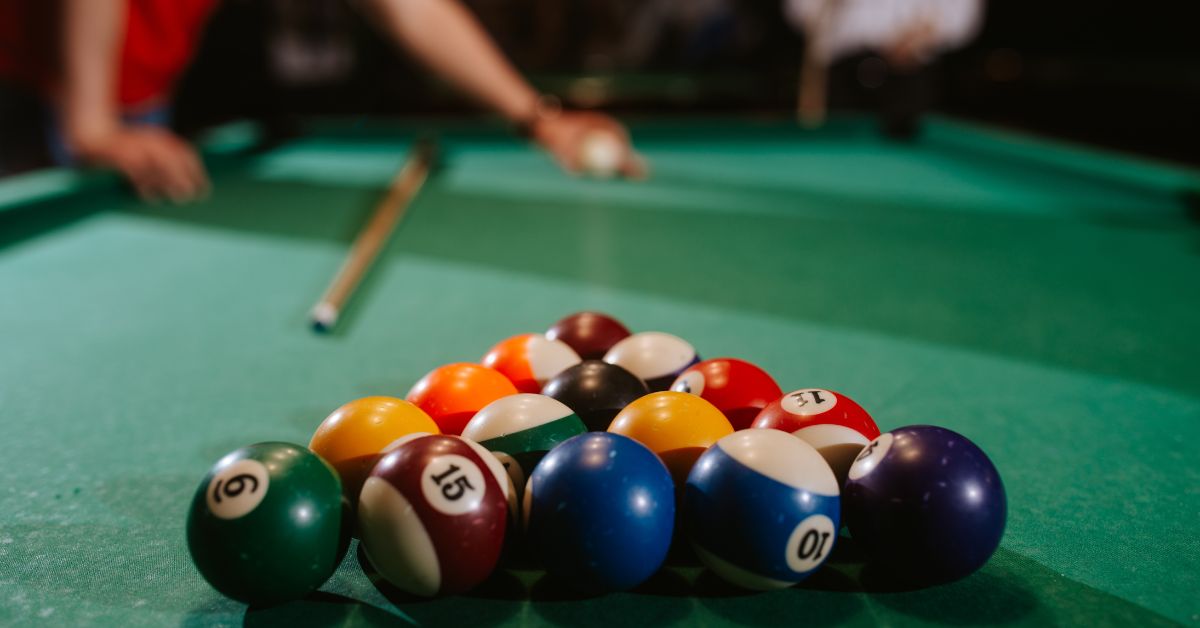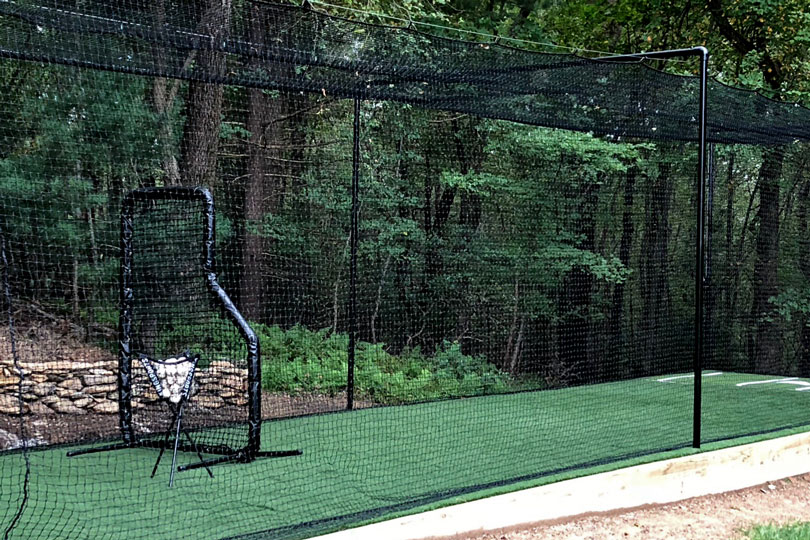Team Sports: Good for Kids’ Minds, Too | Madison.com Health, Sports Health & Fitness
[ad_1]
THURSDAY, June 2, 2022 (HealthDay Information) — Little ones who enjoy workforce sports could earn some mental overall health positive aspects, but the exact same may perhaps not hold legitimate for those in solo sports, a big, new review implies.
A range of former studies have connected workforce sports activities to much better psychological properly-currently being for kids and teenagers, and the new analysis is no exception: General, it identified, U.S. young children who played crew athletics appeared to have fewer psychological overall health “challenges” — like anxiousness and melancholy signs or symptoms — than their friends who did not engage in sporting activities at all.
In distinction, the problem was flipped for kids who played sports activities far more dependent on person effectiveness — these kinds of as tennis, gymnastics and wrestling. They tended to exhibit far more psychological health indicators than their friends.
“On a typical scale, looking at sporting activities broadly, they do look to be great for kids’ mental health,” mentioned guide researcher Matt Hoffmann, an assistant professor of kinesiology at California Condition University, in Fullerton.
Folks are also reading…
But this analyze, he said, implies that not all sports activities carry the similar positive aspects.
It is not crystal clear why, but a single cause may possibly be the extra general performance tension of specific athletics: Young children can’t share the “burden” with teammates, Hoffmann said, and they might be much more likely to defeat by themselves up when factors do not go as hoped.
That could be notably real if mothers and fathers are placing on the stress, he pointed out.
The study, published on the net June 1 in the journal PLOS Just one, concerned around 11,000 U.S. kids aged 9 to 13. Their mom and dad finished a conventional checklist on baby mental health — score their little ones on troubles like stress and anxiety, despair, social withdrawal and notice issues.
Over-all, little ones in team sporting activities scored decrease on most psychological wellbeing troubles, versus those people who did not play any sports activities. On the other hand, youngsters in specific sports activities ordinarily had better scores.
In the meantime, it was essentially a wash for young children who performed each varieties of athletics: Their psychological wellbeing ratings had been on par with young ones who did not participate in athletics.
None of the dissimilarities ended up significant, Hoffmann pointed out. On ordinary, group sport participation was tied to a 10% to 19% reduce in symptom scores, even though specific sporting activities ended up tied to a similarly modest enhance in scores.
The scientists did take other aspects into account, like family cash flow. That is an crucial 1, Hoffmann noted, since family members sources assistance identify which sports children perform. Even then, the analyze located, staff sports activities appeared improved for psychological well-currently being than unique types.
Continue to, it really is not certain that the sporting activities, per se, were being the driver. Hoffmann explained it is possible, for example, that introverted kids are far more drawn to individual — alternatively than group — athletics.
At the very same time, there are factors to imagine that workforce athletics buoy kids’ psychological health and fitness, he included. They provide a opportunity to make friendships and a feeling of belonging, and understand skills like cooperation and dealing with difficulties.
A person challenge with person sporting activities, like tennis and gymnastics, is that little ones may well “focus” starting off at a young age, in accordance to Dr. Erin Moix Grieb.
In those scenarios, little ones may well be education calendar year-spherical — which can elevate the possibility of harm, Grieb spelled out. She is a pediatric athletics medication expert at Stanford Children’s Wellbeing, in California.
“Injuries is just one of the strongest possibility things for mental well being difficulties in athletes,” she mentioned.
As well as, that “hyper-centered, calendar year-spherical education” may possibly expose some youngsters to social isolation, strain and burnout, Grieb extra.
None of that, nonetheless, indicates that young children have to have workforce sporting activities to thrive.
“The intention is not to discourage moms and dads from permitting their young children participate in person athletics,” Hoffmann mentioned.
Alternatively, he advised that mom and dad check out in with their kids, to make absolutely sure they are nevertheless possessing pleasurable with their sport of choice. (Some youngsters, Hoffmann pointed out, simply finish up in a sport that a dad or mum played, and could not have a authentic attachment to it.)
Grieb agreed. “The truth is that if youth love their activity, engage in a wide range of sports activities, are supported by dad and mom and coaches, and get ample time off with good harm prevention procedures, they will be ahead of the match,” she reported.
And youngsters can also locate social connection outside of sporting activities. “If a kid has an exercise or interest they are passionate about, motivate them to be part of an structured group of other individuals with related pursuits,” Grieb reported.
“Figuring out they are supported and pursuing their have passions,” she included, “will go a extended way for their mental wellbeing.”
The American Psychological Affiliation has much more on physical exercise and kids’ mental well being.
Sources: Matt Hoffmann, PhD, assistant professor, kinesiology, California State College, Fullerton Erin Moix Grieb, MD, medical assistant professor, Stanford Children’s Overall health, Palo Alto, Calif. PLOS A person, June 1, 2022, on the internet
Originally printed on shopper.healthday.com, component of the TownNews Articles Exchange.
[ad_2]
Resource hyperlink



